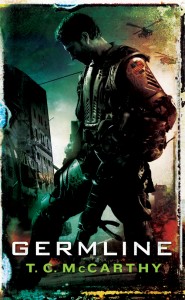New Short Fiction: GODS OF RISK
One of the unexpected and, I think, very good things that the rise of ebooks has done is haul the novella back out of the shadows. When I started writing, the common wisdom went that novella-length work, that is stories between 17,500 and 40,000 words, was the sweet spot to write if you wanted awards because so few got published. If there are only fifteen stories written in your category in a single year, it’s not that hard to get in the top five. Or at least that was the theory.
That day, I’m pleased to report, has passed.
It was never the novella’s fault. It’s actually the length that is best suited to the modern reader and to science fiction. It’s got about as much room for plot as a two-hour movie. There’s enough room to really go into an idea or set of ideas, and not so much room that it threatens to get dull. I love novellas. But once the golden age of the Ace double passed, they were a pain in the ass to publish.
For a magazine, printing a novella meant there wasn’t room for much else in a given month. And that meant there were fewer authors’ names to put on the cover. And that meant there were fewer sales of the magazine, so novellas were pretty much a non-starter. For a book publisher, a novella is too small to charge full price for, even though the costs of setting up a production run aren’t that much less. The wise choice, especially among the mass-market publishers, was to print something a little bit longer that you could charge full price for.
But then ebooks came and when we signed the contracts for the second run of Expanse books, part of it was a call for five novellas set in the same world. I was delighted. We’d written a short story before – The Butcher of Anderson Station – but it was done with print markets in mind. To have the luxury of a full novella’s length was great. We got to tell the stories that didn’t quite fit in the big epic-sized books, we didn’t have to try to compress the stories into the constraints of magazine wordcounts, and there would be a new James SA Corey story out that was big enough to satisfy folks between the major novels.
The only down side is that there’s not an easy category for awards anymore.
Small price to pay, I think.
…
GODS OF RISK , a new story of The Expanse, by James S.A. Corey is available now in the US. Corey’s space operas have traveled the far reaches of our solar system, and now turns their attention to our neighbor, Mars. Visit the Orbit Short Fiction today to find out where you can pick up this new fantastic novella.

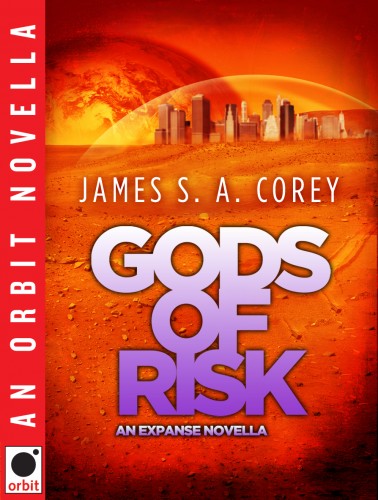

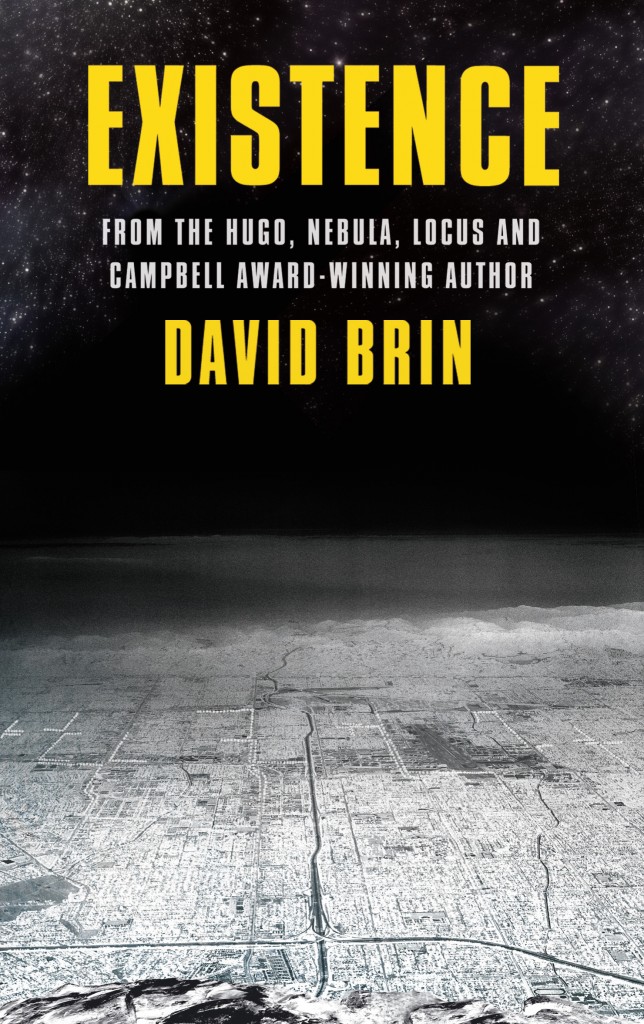
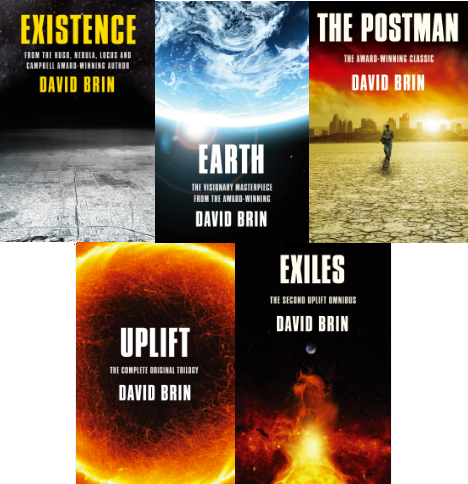
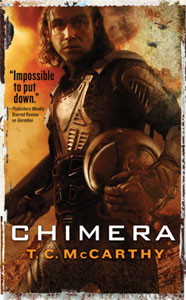
 You: you’re a civil servant, working in an administrative or support role, within SOE X Division, commonly known as the Laundry. You have signed the Official Secrets Act. You know the score. You know that when you carry out certain computation operations, it has echoes in the Platonic realm of pure mathematics – echoes audible to beings from other universes, who can be bound to act at our command. Magic is a branch of applied mathematics, and there are agents out there working ceaselessly to protect the realm from esoteric alien threats. You aren’t one of them – yet.
You: you’re a civil servant, working in an administrative or support role, within SOE X Division, commonly known as the Laundry. You have signed the Official Secrets Act. You know the score. You know that when you carry out certain computation operations, it has echoes in the Platonic realm of pure mathematics – echoes audible to beings from other universes, who can be bound to act at our command. Magic is a branch of applied mathematics, and there are agents out there working ceaselessly to protect the realm from esoteric alien threats. You aren’t one of them – yet.
